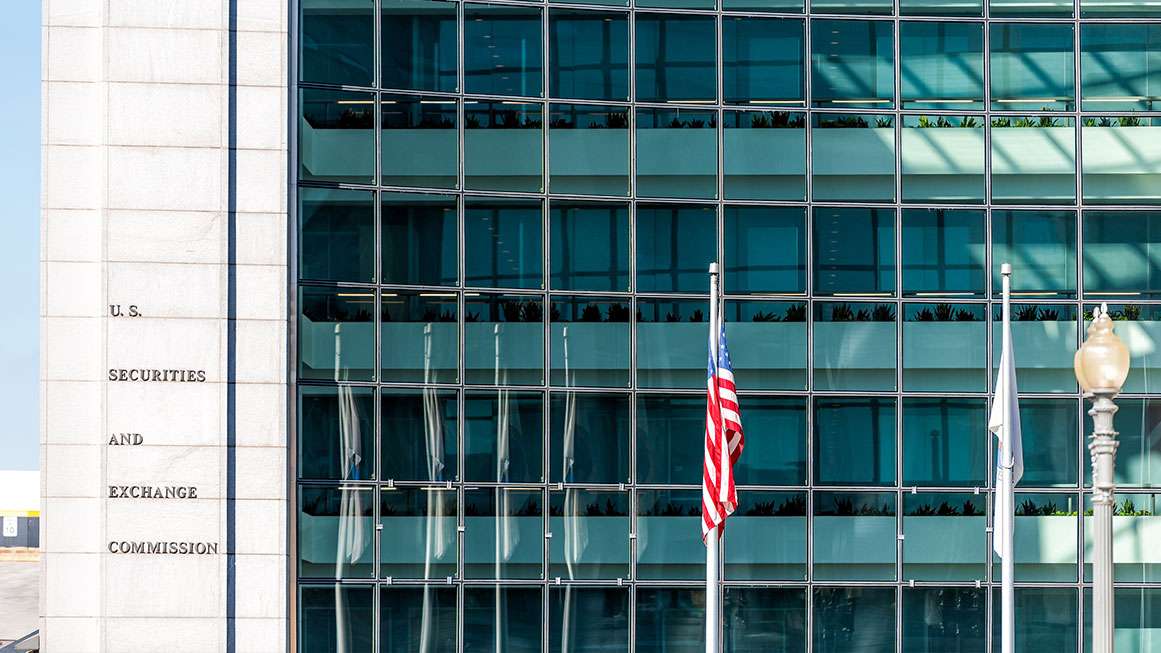- Messages
- 11,909
- Reaction score
- 2,580
- Points
- 238
Woman Wins Years-Long Battle Against Regulator, Dealing Blow To Administrative State
The Securities and Exchange Commission (SEC) dropped its more than seven year-long case against accountant Michelle Cochran after her April Supreme Court victory against the agency.Cochran’s case began in 2016 when the SEC brought charges against her for allegedly aiding and abetting in violations stemming from incomplete accounting paperwork, according to court documents. An administrative law judge (AJL) banned her from practicing as an accountant for five years and imposed a $22,500 fine in 2017.
The Supreme Court held unanimously in April that individuals like Cochran who are facing SEC complaints can dispute their constitutionality in federal court before going through the agency’s internal adjudication process. Before Cochran was able to revive her constitutional challenge, the agency dropped the case altogether in June — along with more than 40 other pending cases, according to a press release.
Under a stipulation the SEC agreed to Tuesday, it will not bring future proceedings against Cochran. The New Civil Liberties Alliance (NCLA), the law firm representing Cochran, also agreed to dismiss its case against the agency.
More:

